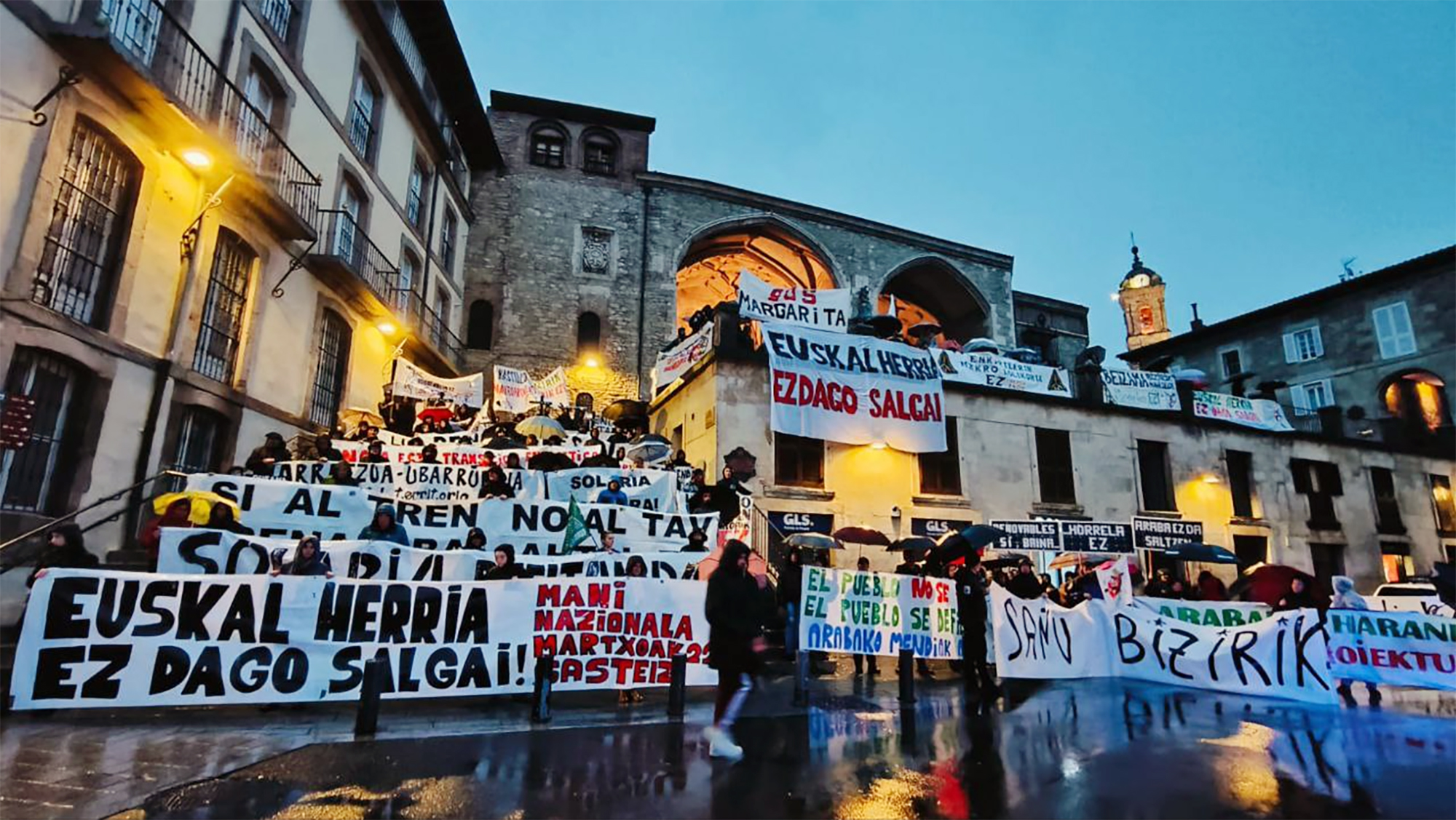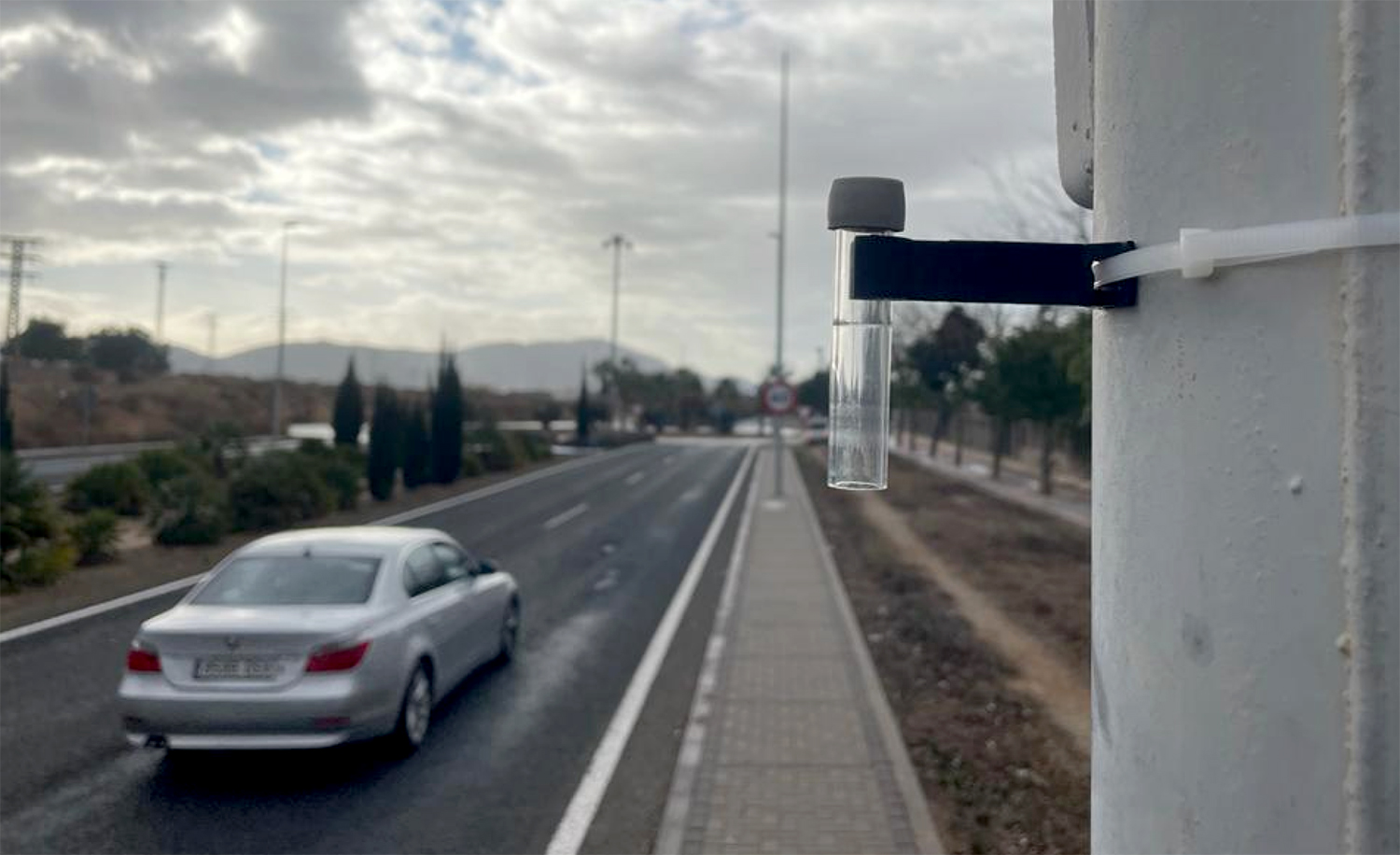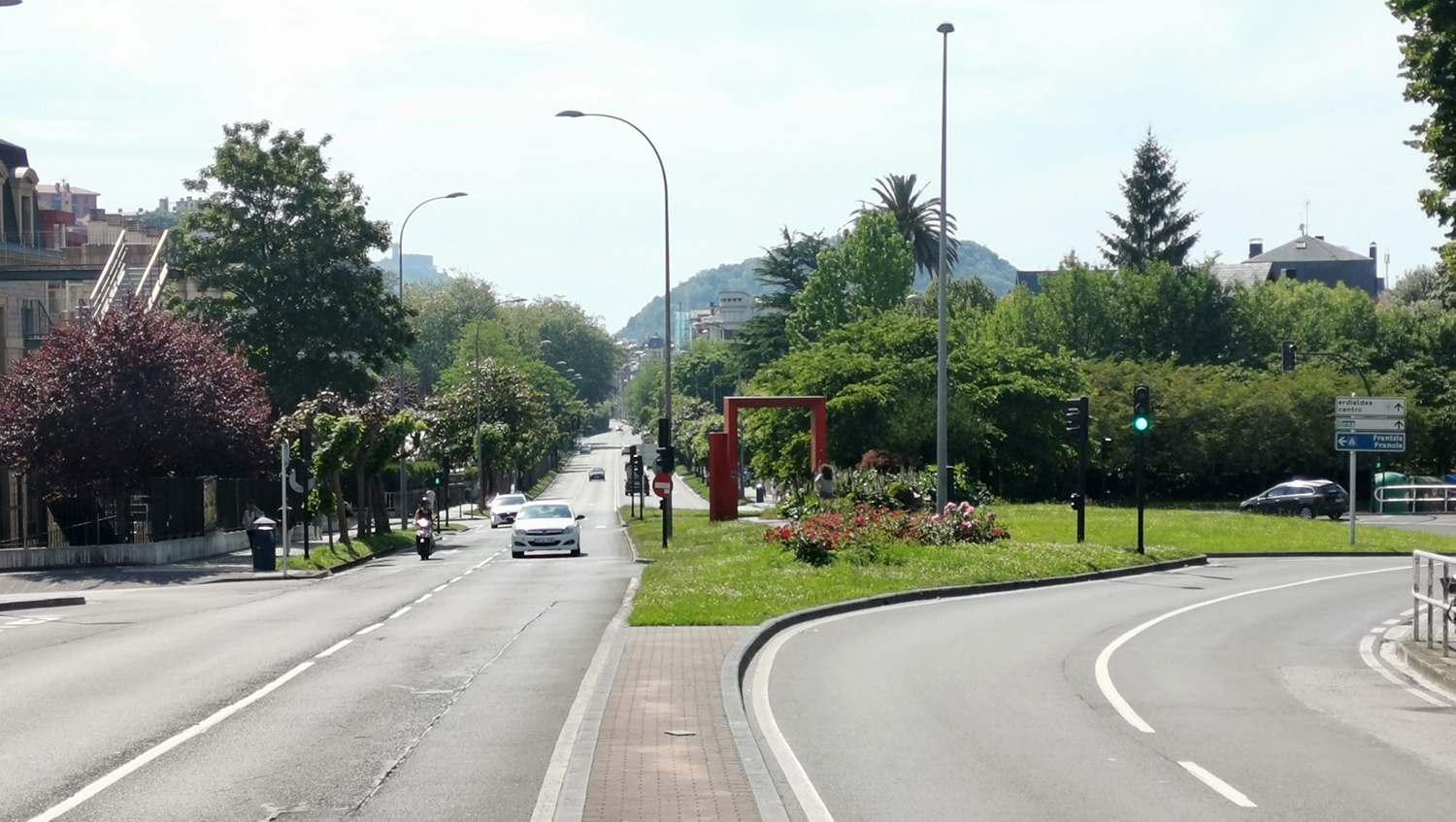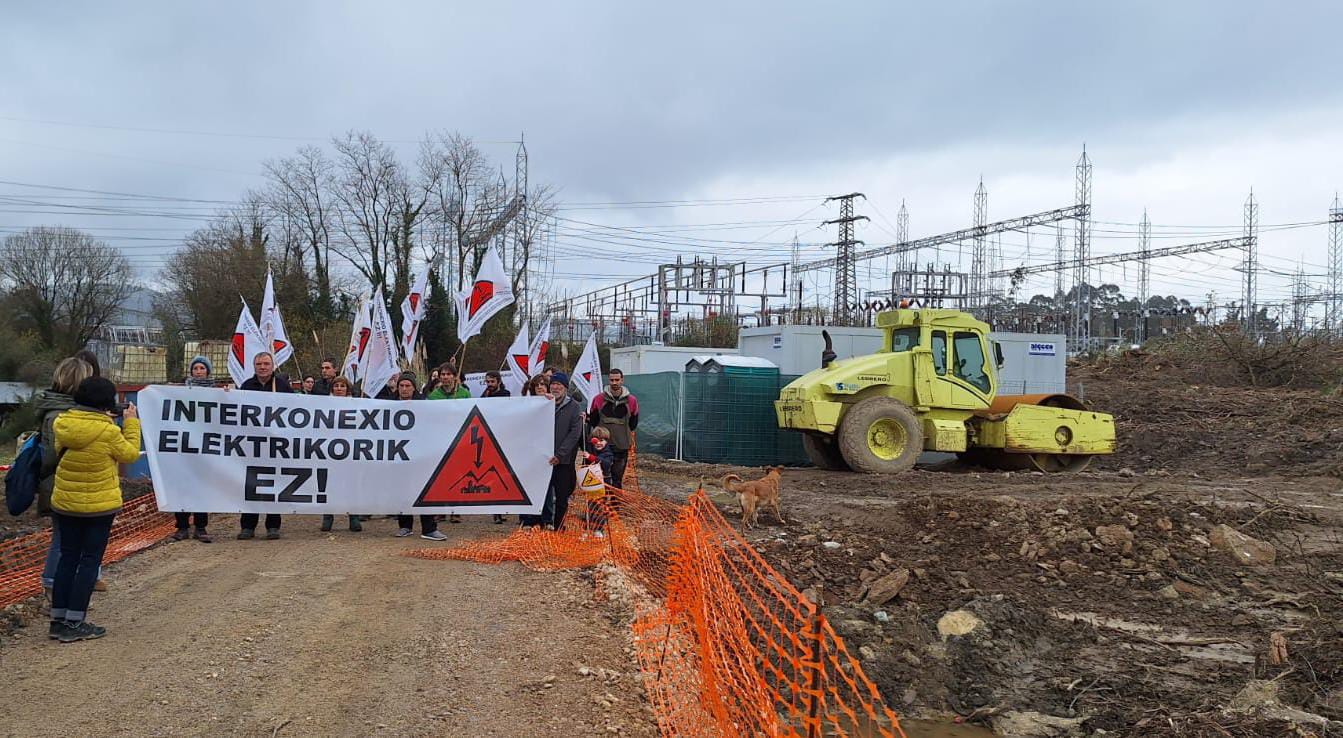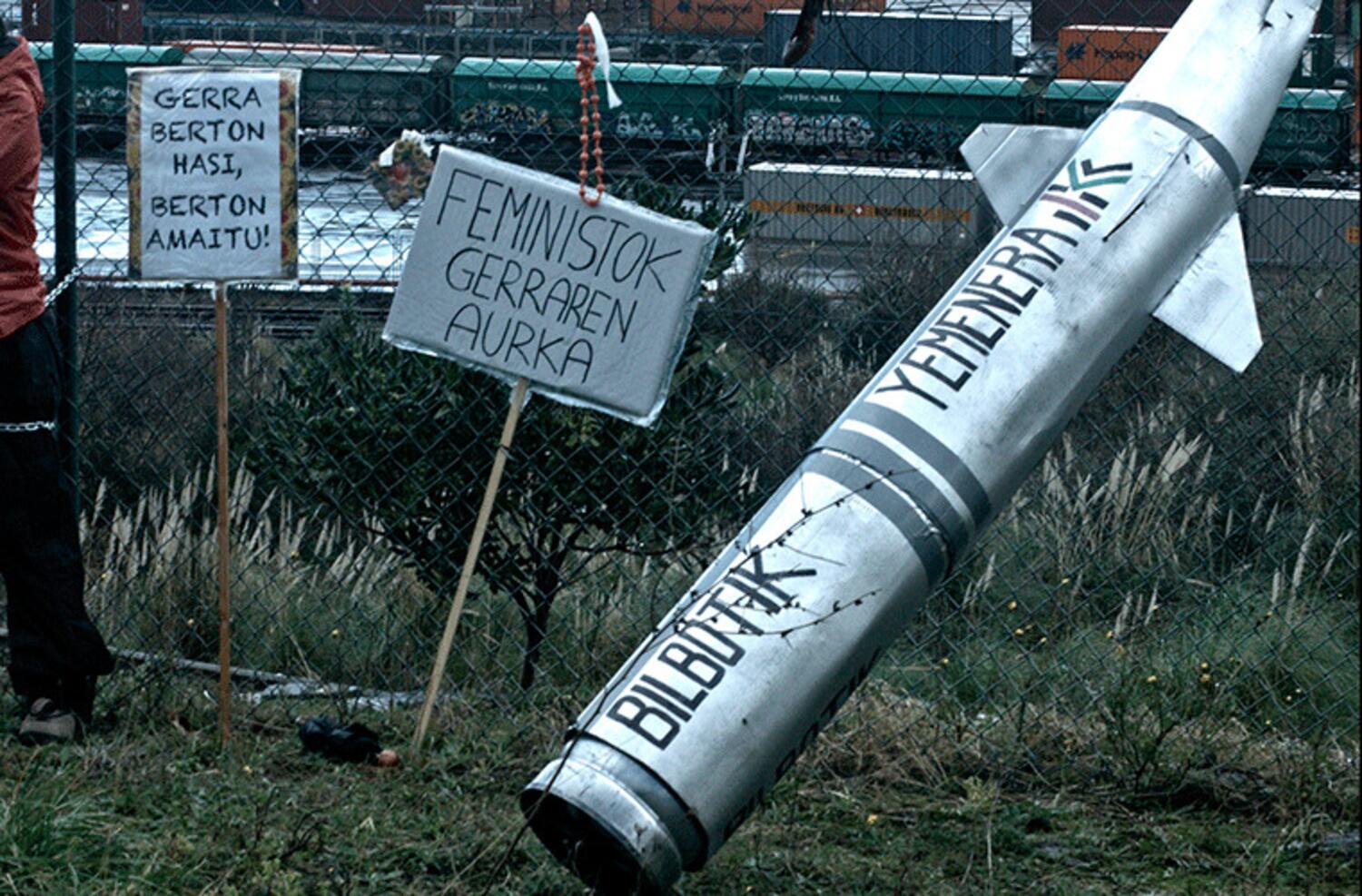Bruno Latour, a disturbing corner
- On October 9, Bruno Latour, philosopher and sociologist, who has renewed his ecological thinking by betting on the reincorporation of non-humans into politics, dies. Bruno Latour was a rebel. This great intellectual had nothing of the pontificator, not of the hard, but the goodwill of everything in him, inspired by a smiling and provocative curiosity. This character has not prevented the development of a thought that has already become the “mainstream” par excellence, although it was very much discussed with his book “We have never been modern” [Nous n’avons jamais été modernes] in 1991.

Born in 1947, Bruno Latour dies on the night of 8 to 9 October 2022. Born in a family of wine merchants from Burgundy, he studied philosophy, also interested in theology, which always remained Catholic, but also oriented towards the sociology of science.
Working as an observer at a research laboratory in San Diego (California, USA), Steve Woolgar showed that the practices of the laboratory are those that build scientific objects, that is, that reality is not what is manifested: that reality flows from the possibilities and methods of the researchers.
“Life in the laboratory: the construction of scientific facts” [Laboratory Life: This thesis, reflected in the book The Construction of Scientific Facts, 1979], revealed the theory of constructivism. According to this theory, there is no clear separation between hard sciences and soft sciences, between nature and society, but a constant interaction between both fields. This vision would show all of his expression “We are never modern” [Nous n’avons jamais été modernes,1991] in Bruno Latour’s first great work: maturing the classical conception of modernity, which says that in the seventeenth century Western thought separated humanity from nature, Latour assures us that this discourse does not explain its objects, because scientific knowledge can never be independent from the political realm.
This line led Latour to redefine the challenges of politics in today’s world. In “Politics of Nature” [Politique de la Nature] the sociologist states that thanks to God nature will die [“Dieu meja, la nature will mourir”], that nature has become “our political enemy” and that the distinction between rational and irrational is “the drug that paralyzes politics”. Consequently, the need to “address the general literacy of human beings”, “extend the question of democracy to non-human beings”.
In fact, renouncing the bifurcation nature/man – as Philippe Descola did at the same time through anthropology – the sociologist has remembered that science imposes a paralyzing political bias on it, as it counteracts factual and value, science and ideology, the subject and the object by stating that there is an essentially different nature of society. Anyone who rejects these divisions is accused of being irrational. But this "epistemological police" is not able to analyze whether society is at the door of non-humans, is not able to cope with situations in which human and non-human beings are, such as climate change, GM or the return of the wolf to the rural environment.
Extension of democracy to non-human beings
For Latour, the merit of ecology is that these topics have been put at the center of the public arena and the “political novelty of ecology” is the “constitutional crisis of all objectivity”. Therefore, it is necessary to redefine the logics of democratic representativeness, discovering the means to make non-humans speak, discovering a new requirement to science: not pretending to tell the truth, but translating the language of these non-mute men, using analysis and experimentation as an instrument. Because we have to extend democracy to non-humans and establish a new political Constitution.
With these important works and his later professor at the College of Mines [Ecole des Mines] and at the Faculty of Political Sciences [Sciences Po], Bruno Latour became the pioneer intellectual, one of those who managed to give the new power of ecological concerns in the 2000s. Moreover, the rise of global warming led to a further expansion of its design. Those who were already altering human life were not only "objects" of science, but also the Earth itself. Latour took hold of this new field based on James Lovelock’s “Gaia” theory, and summed up the idea as follows: "The Earth is a set of living beings and materials that have been developed together, cannot live apart and the human being cannot escape."
For Latour, “Lovelock’s theoretical proposal in the history of human knowledge is as important as Galileo’s.” In his book “Face à Gaïa”, he tried to define the main consequences of this new paradigm: what we live today is not a crisis that we can overcome, but a new situation of the world: “This will not happen. We will have to get used to it. It is definitive’.
With “Where to Land” [Où atterrir 2017] has tried to redefine the axes of the political opposition: that the division is no longer the right/left division, the progressive/reactive division, but that the axes are local/global and artificial/terrestrial. It is an exciting thought, but when it has been clearly seen how the rich have escaped from common space, it has not been able to answer the question that it has caused: how to combat the poisonous effect of the rich dominating the whole mechanics of society. Analyzing the movement of Jaka Horiek [Gilets Jaunes] has also found a stimulating analysis of Latour without a response to the barbarity of power.
However, Bruno Latour remains a wonderful miscible corner that has contributed significantly to raising the level of thought to the questions of ecologists and new perspectives. Strong and invigorating thinking. We miss their humanity and their sense of humor.
Hervé Kempf (Amiens, France, 1957) is a journalist and writer, renowned expert on ecological issues. Reporterre is the director of the electronic journal. Author of several books, his last three works are "XXI. Ecology of the 21st century" (L'Ecologie du XXI. siècle, 2020), "Let capitalism explode: he or we will be the choice" (Que crève le capitalisme: Ce sera lui ou nous, 2020 and "Nuclear is not good for climate" (Le nucléaire n'est pas bon pour le climat, 2022). Here translated into Euskera the book "Bruno Latour, le chamboule-tout malicieux" published in Reporter.
Do not look for this connection from Ezkio or Altsasu, let alone crossing the Ebro River through Castejón. The connection, or rather the connections, between the Basque Y and the AVE of Navarre is already a reality. It is these links in the plural that should concern us and... [+]
Euskal Herri osoan zehar daude mehatxupean hamaika baso, zelai, mendi zein nekazal lur. Horien defentsan diharduten tokian tokiko plataforma asko bildu dira larunbatean Gasteizen, EH Bizirik-ek deituta, inguru naturalaren “suntsiketaren” eta makroproiektuen... [+]
Dakota Access oliobidearen kontrako protestengatik zigortu du Ipar Dakotako epaimahai batek erakunde ekologista, Energy Transfer Partners enpresak salaketa jarri ostean. Standing Rockeko sioux tribuak protesten erantzukizuna bere gain hartu du.
Sareak nabarmendu du Euskal Herri osoko eragileak daudela bertan eta deialdiak 140tik gora atxikimendu jaso dituela: "Horrek islatzen du zein den gaur egungo errealitatearen urgentzia, lurraren defentsaren beharra eta auziarekiko dagoen konpromezua".
Greenpeaceko kideak Dakota Acces oliobidearen aurka protesta egiteagatik auzipetu dituzte eta astelehenean aztertu du salaketa Dakotako auzitegiak. AEBko Greenpeacek gaiaren inguruan jasango duen bigarren epaiketa izango da, lehenengo kasua epaile federal batek bota zuen atzera... [+]









